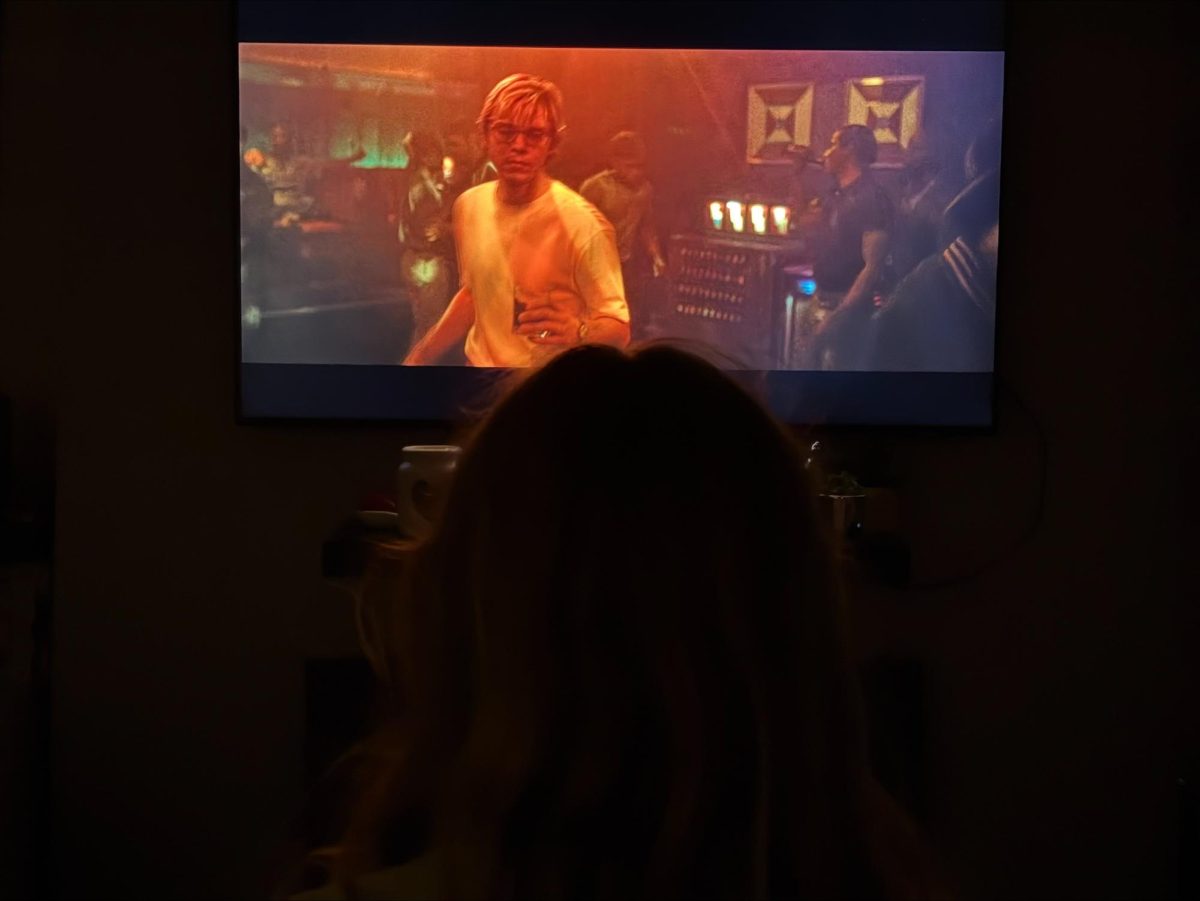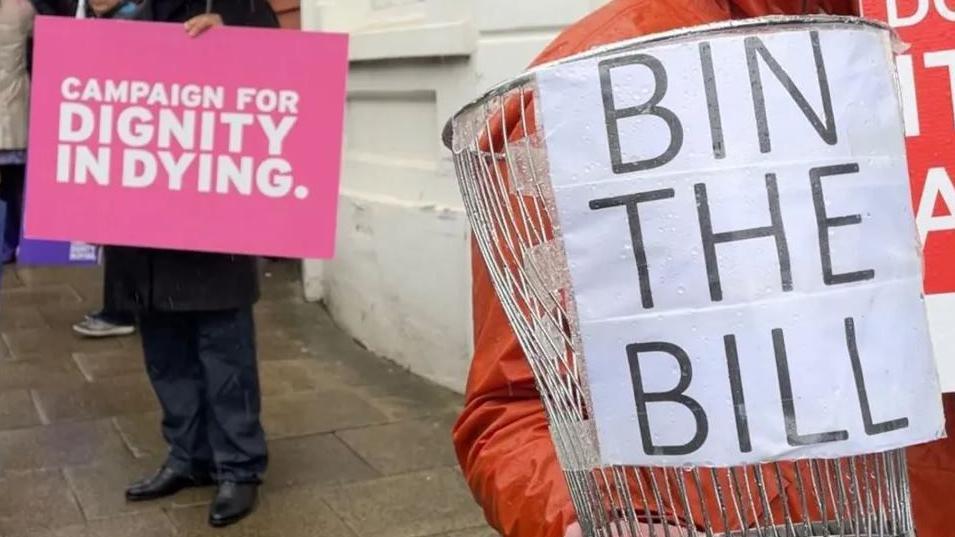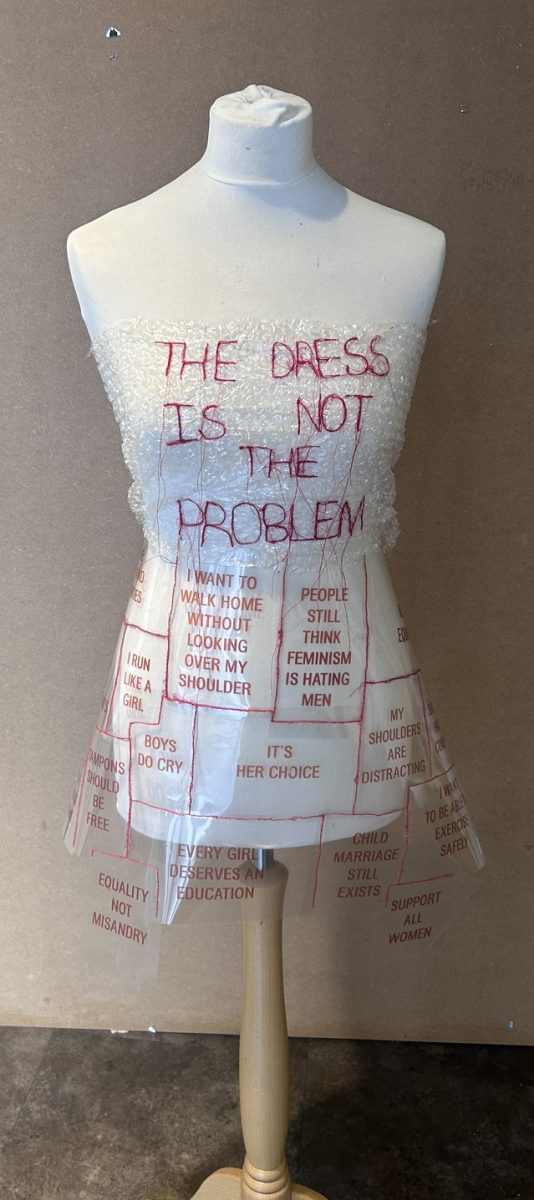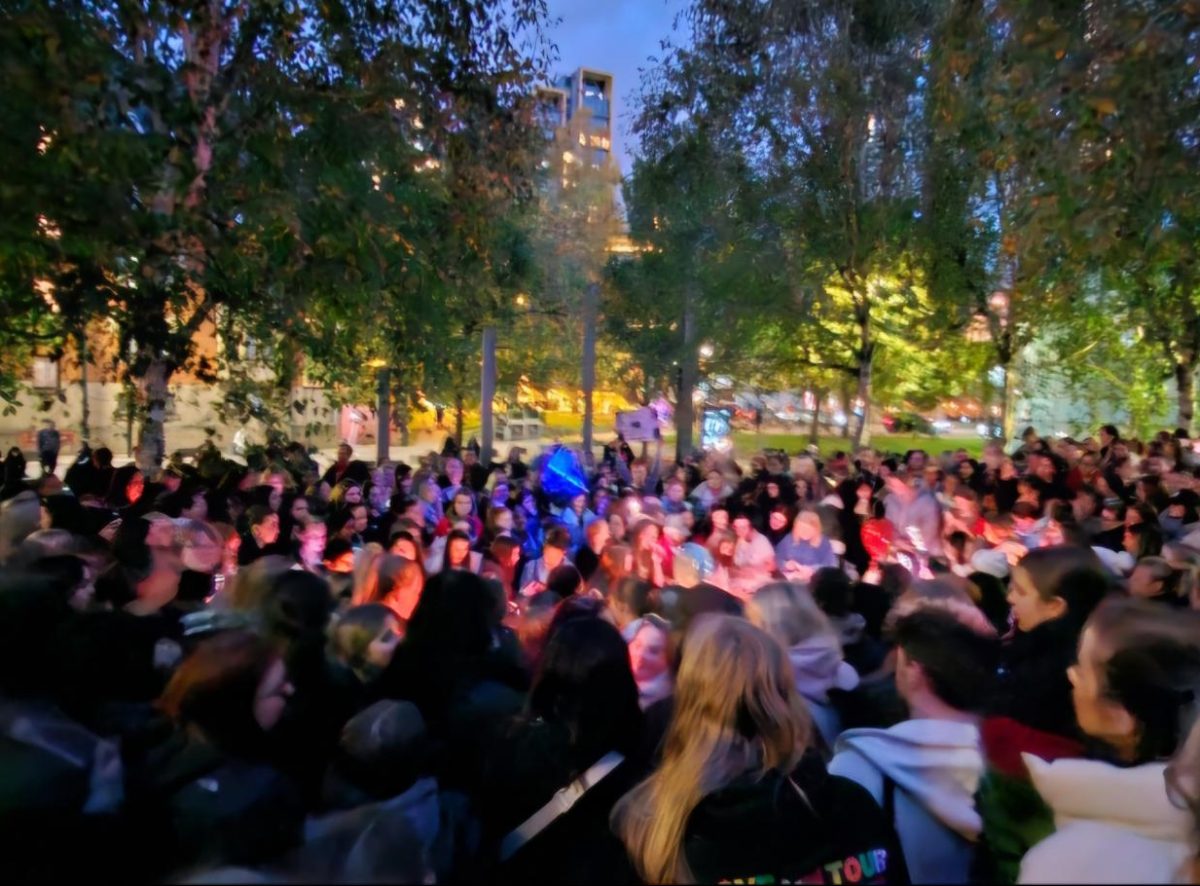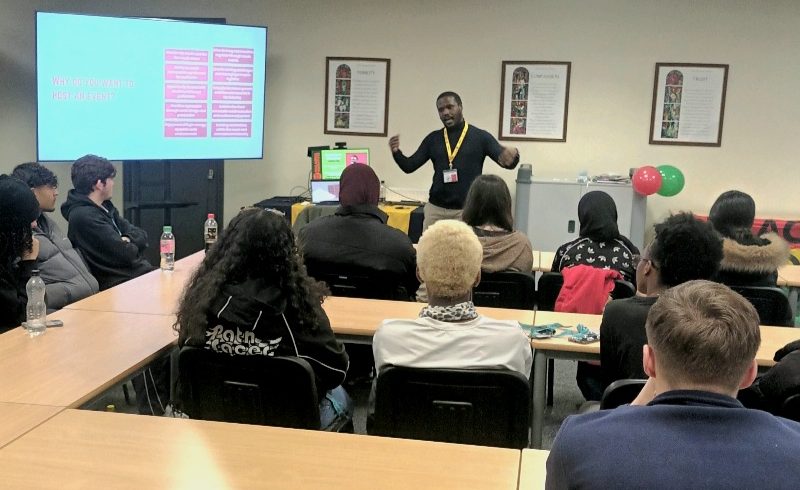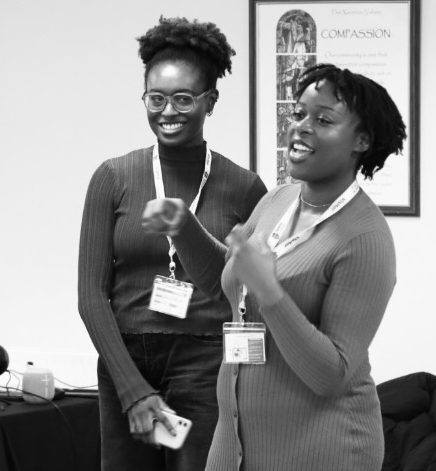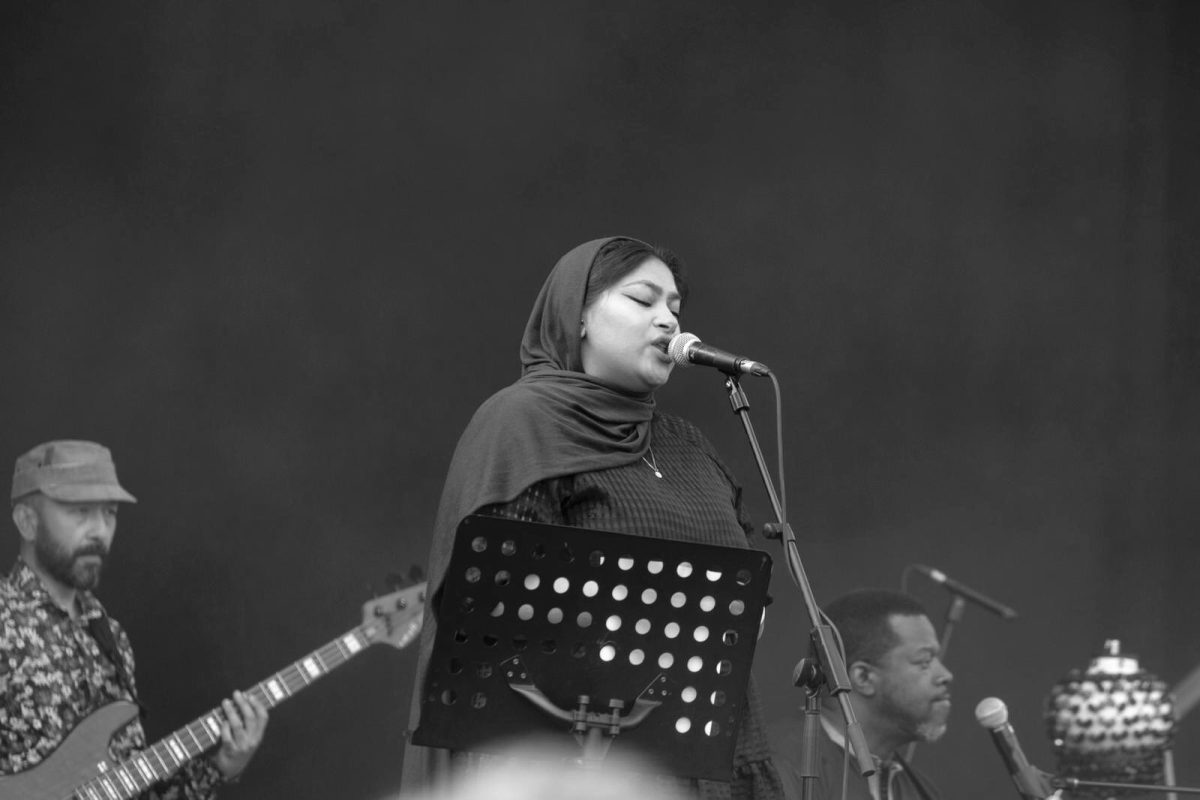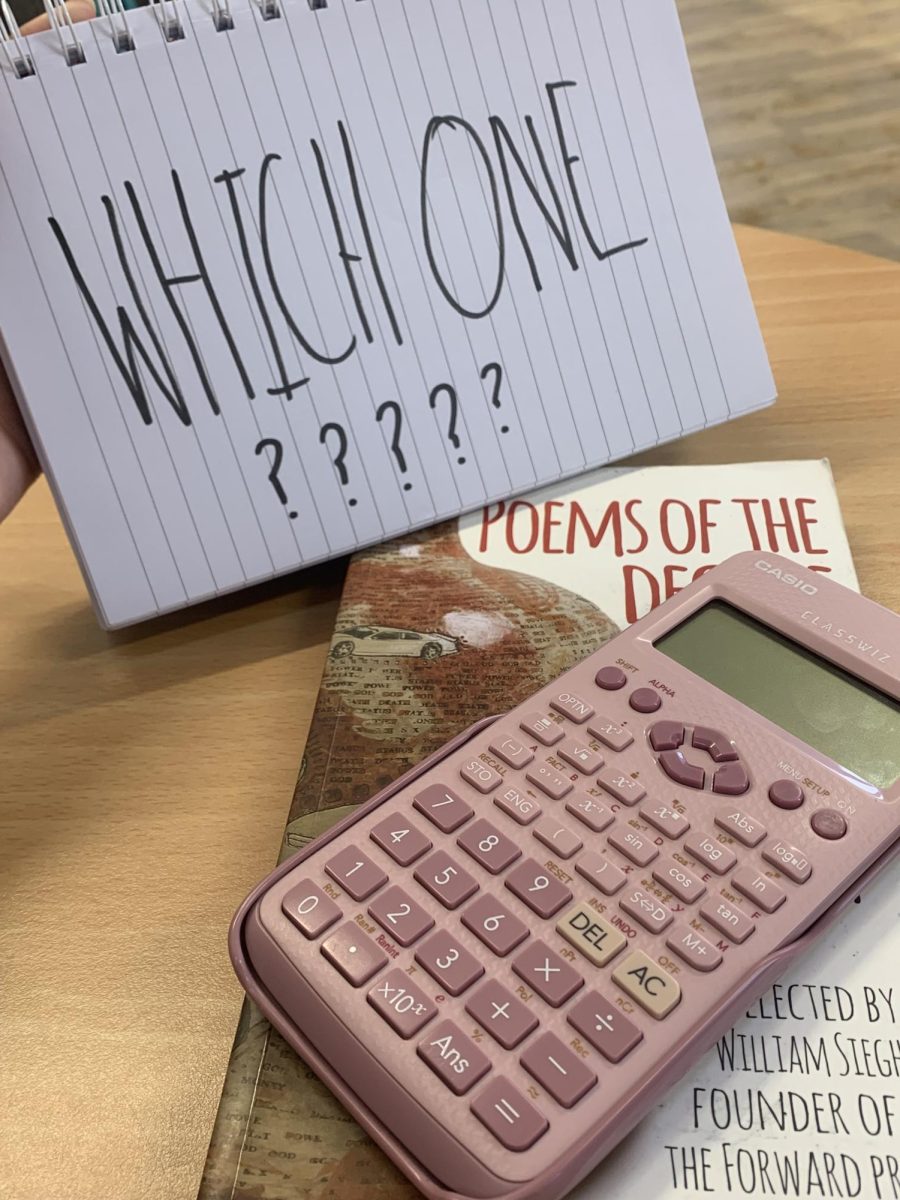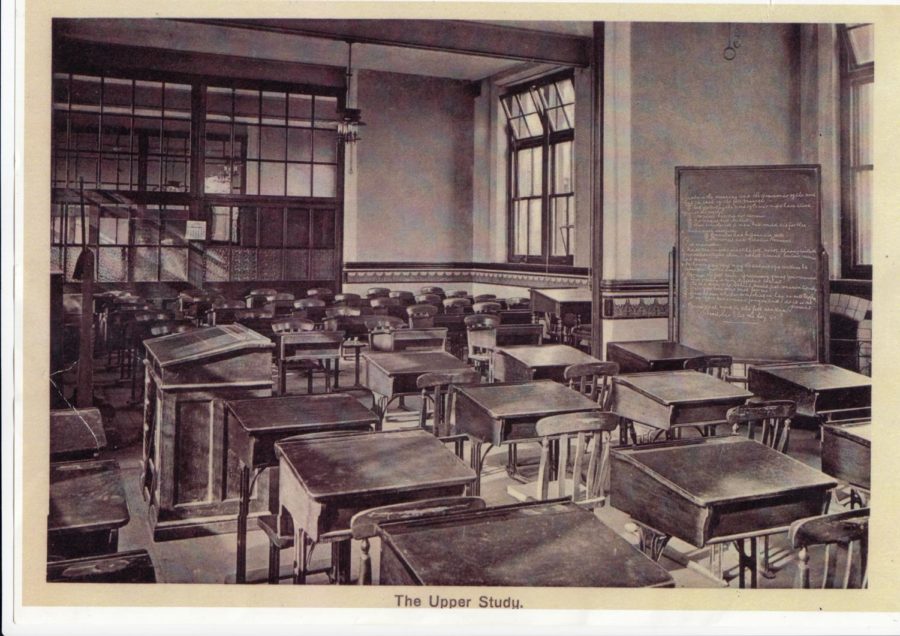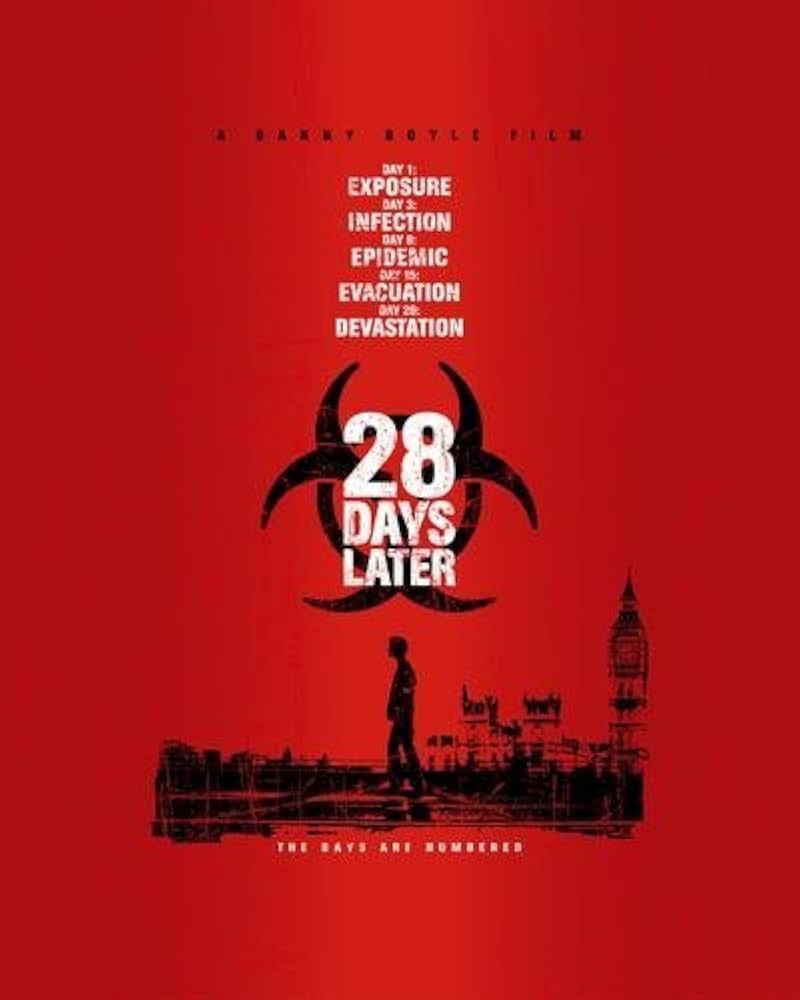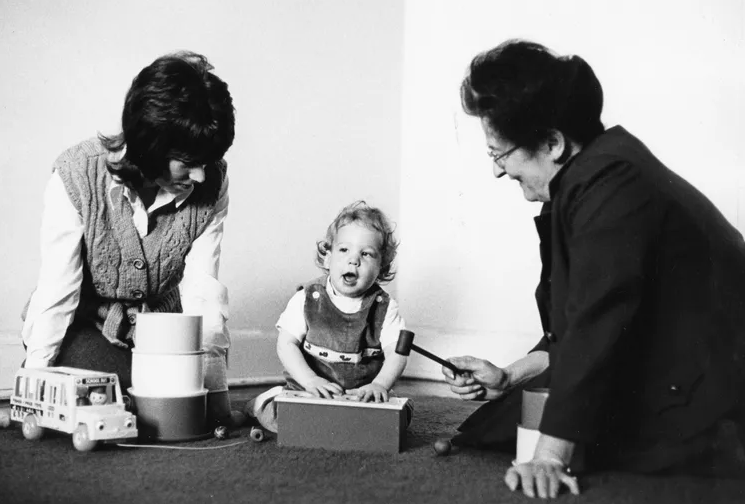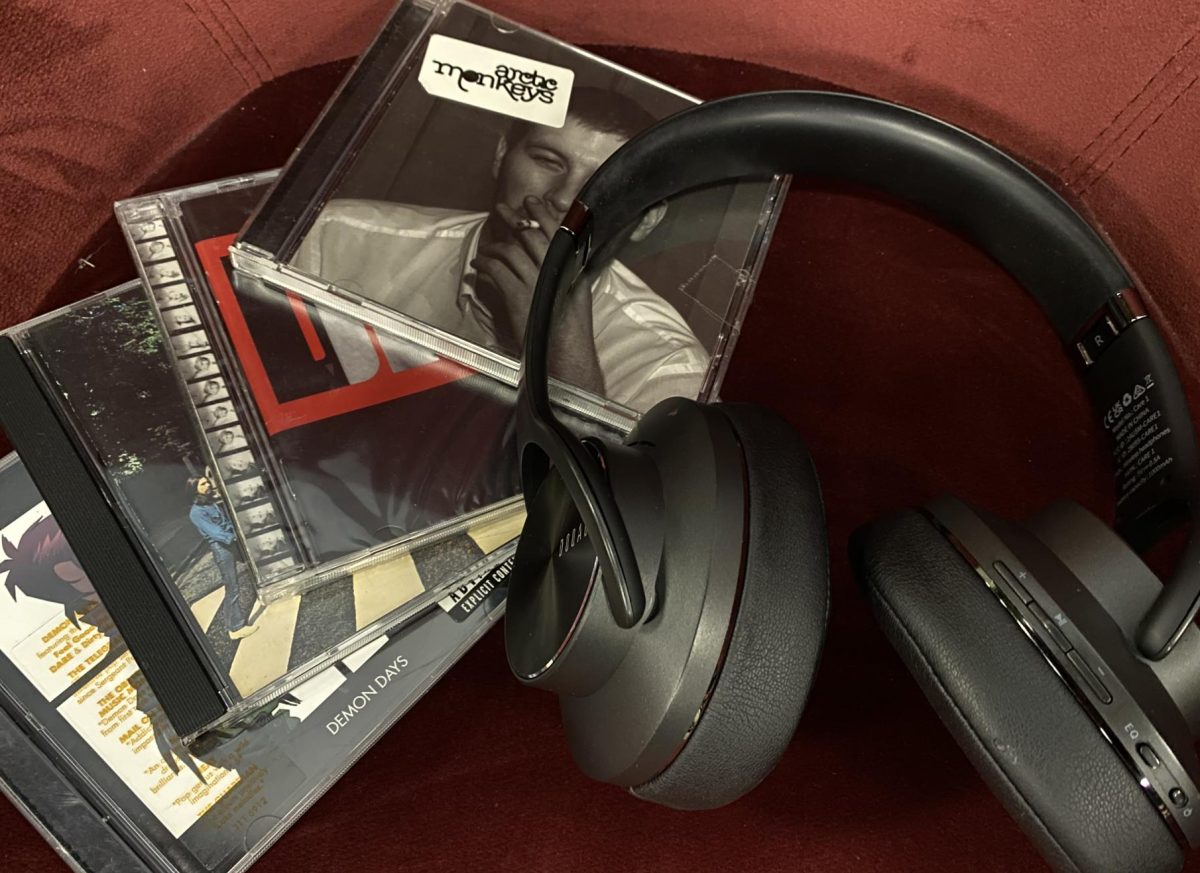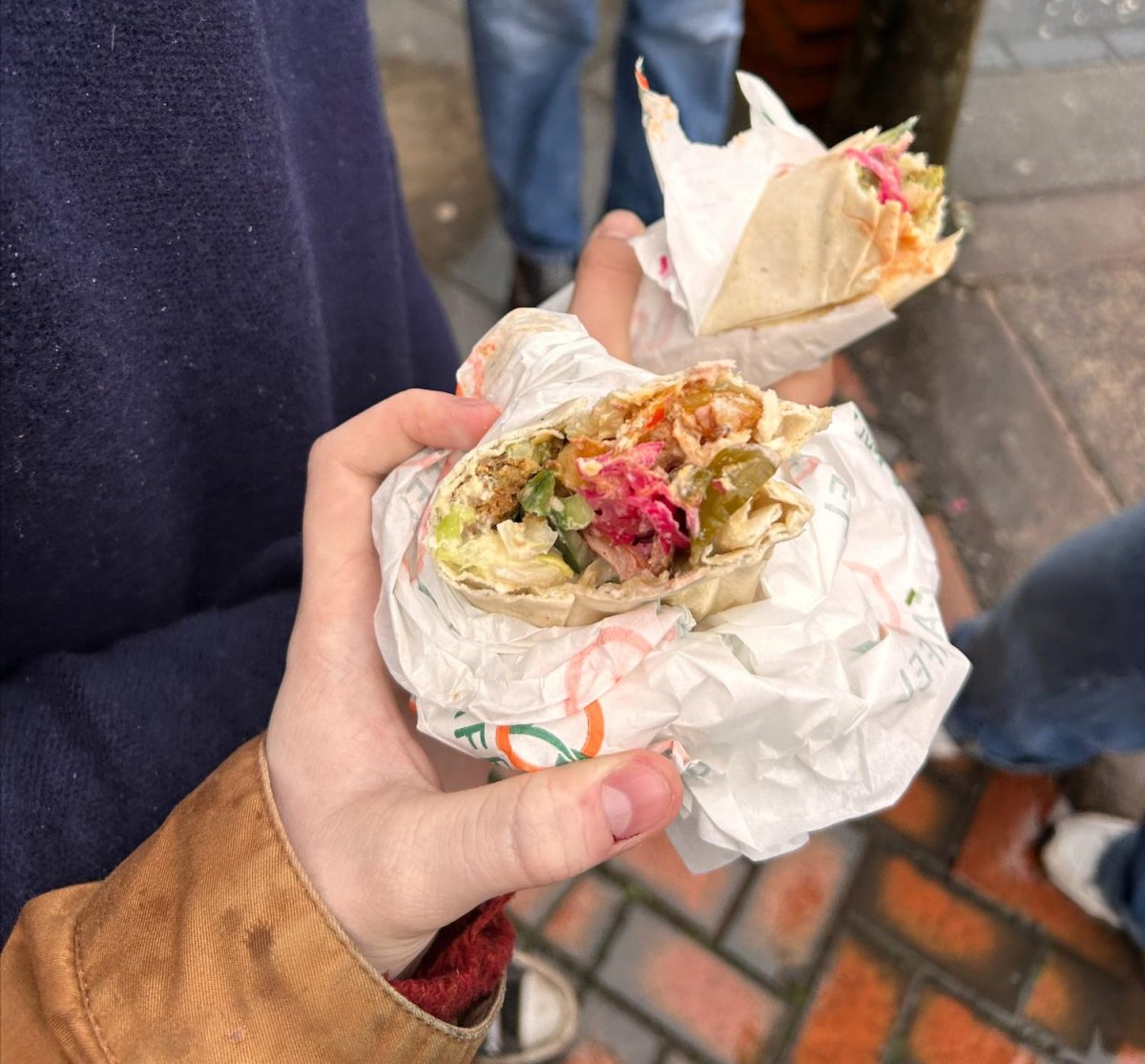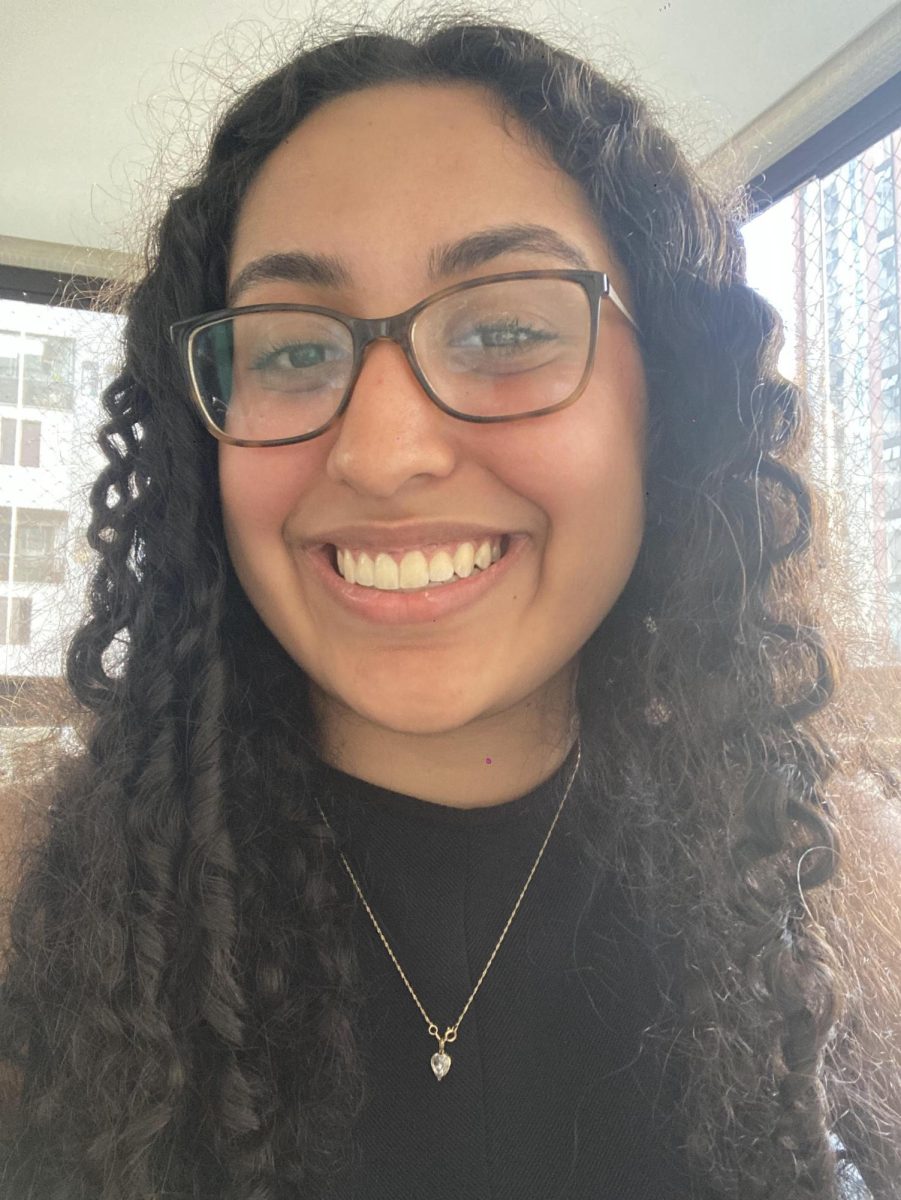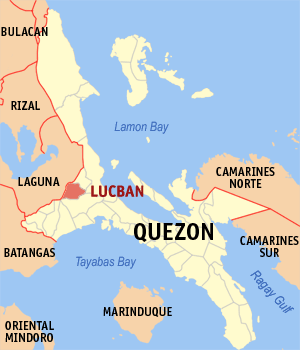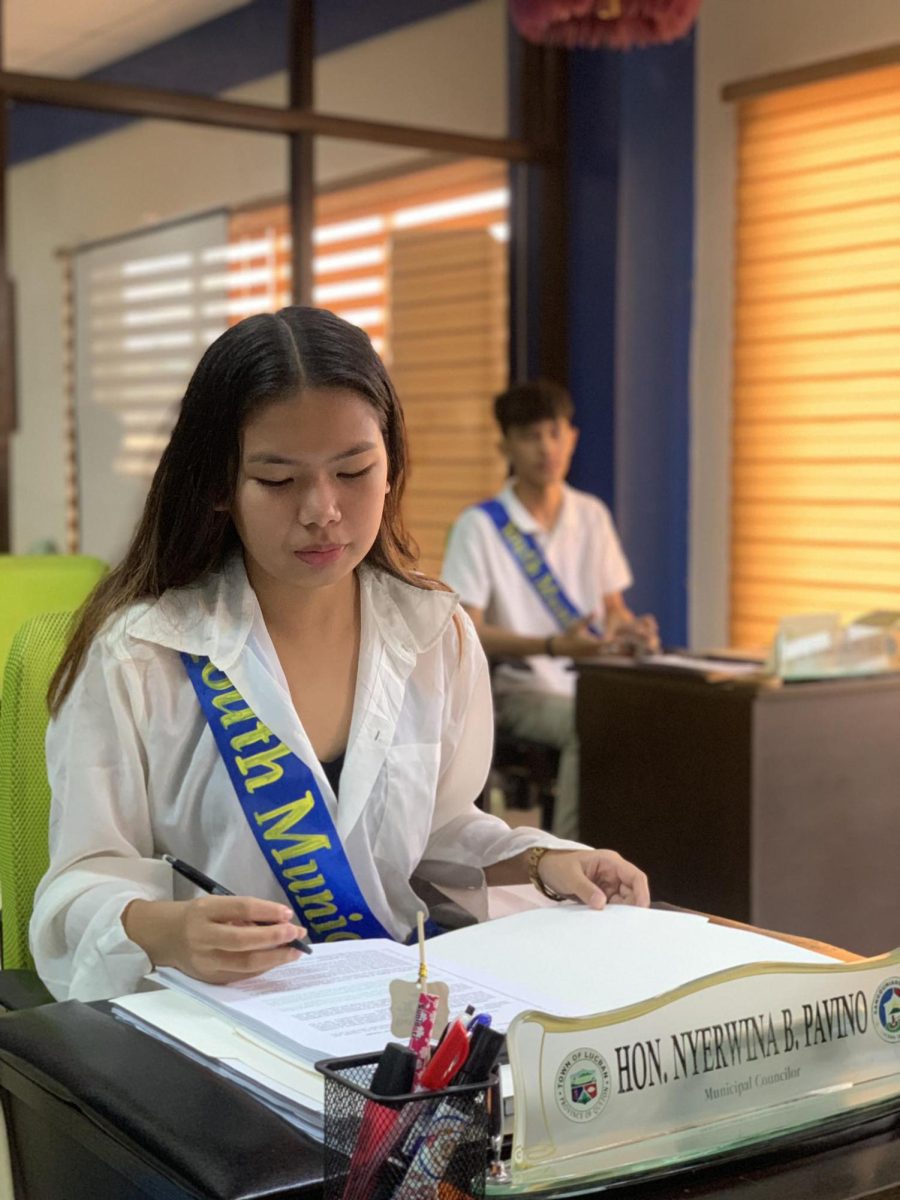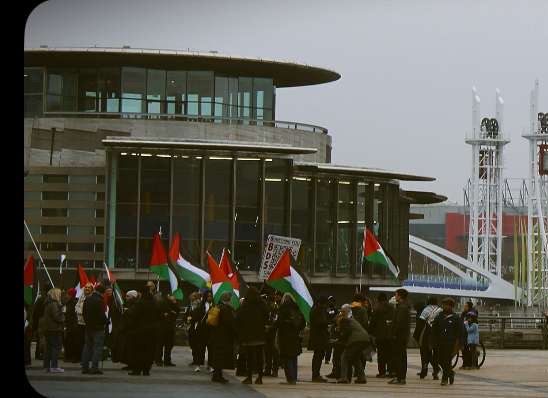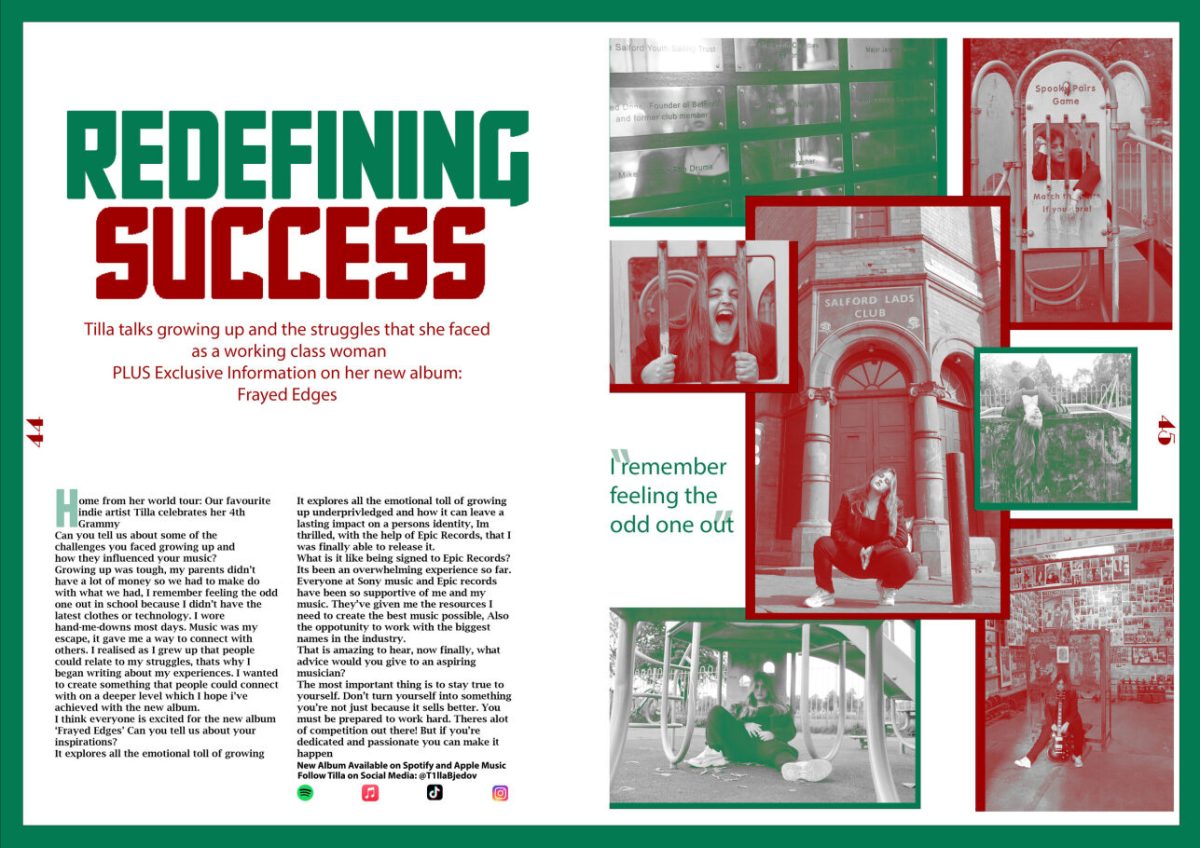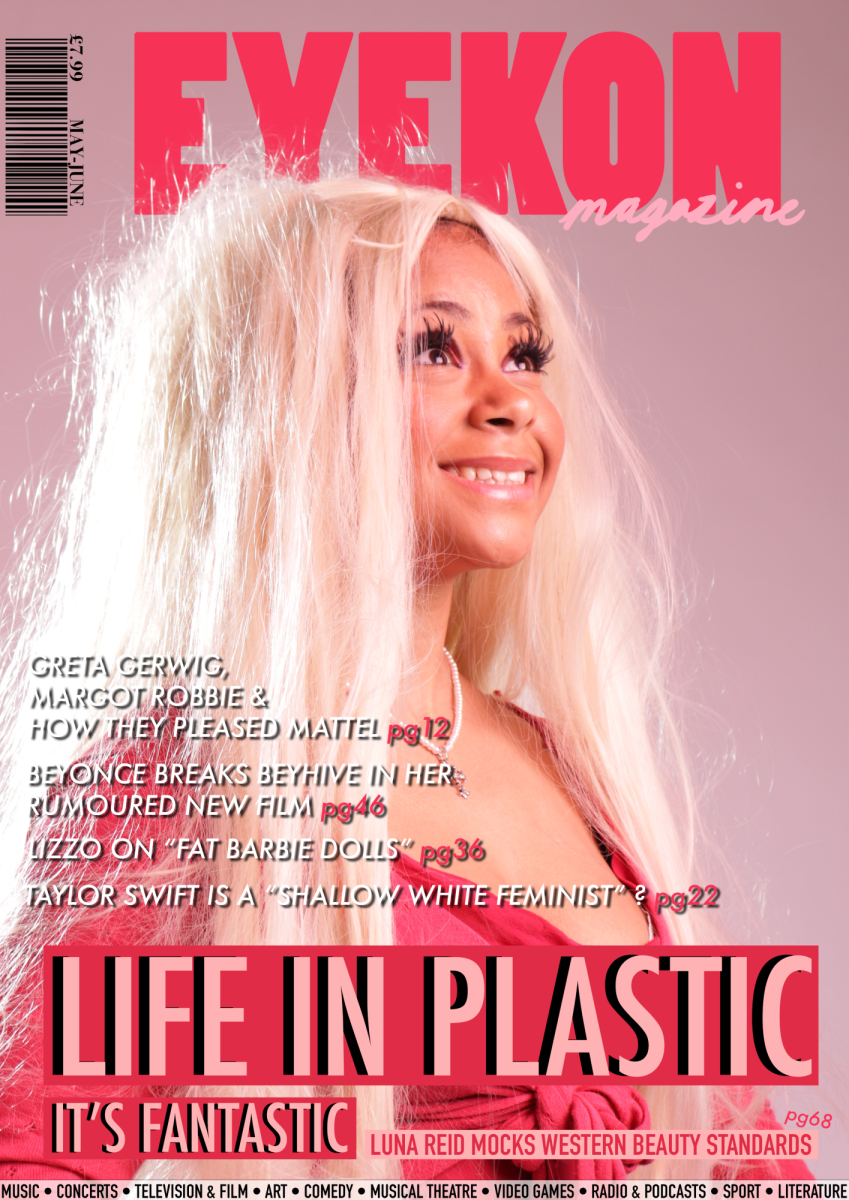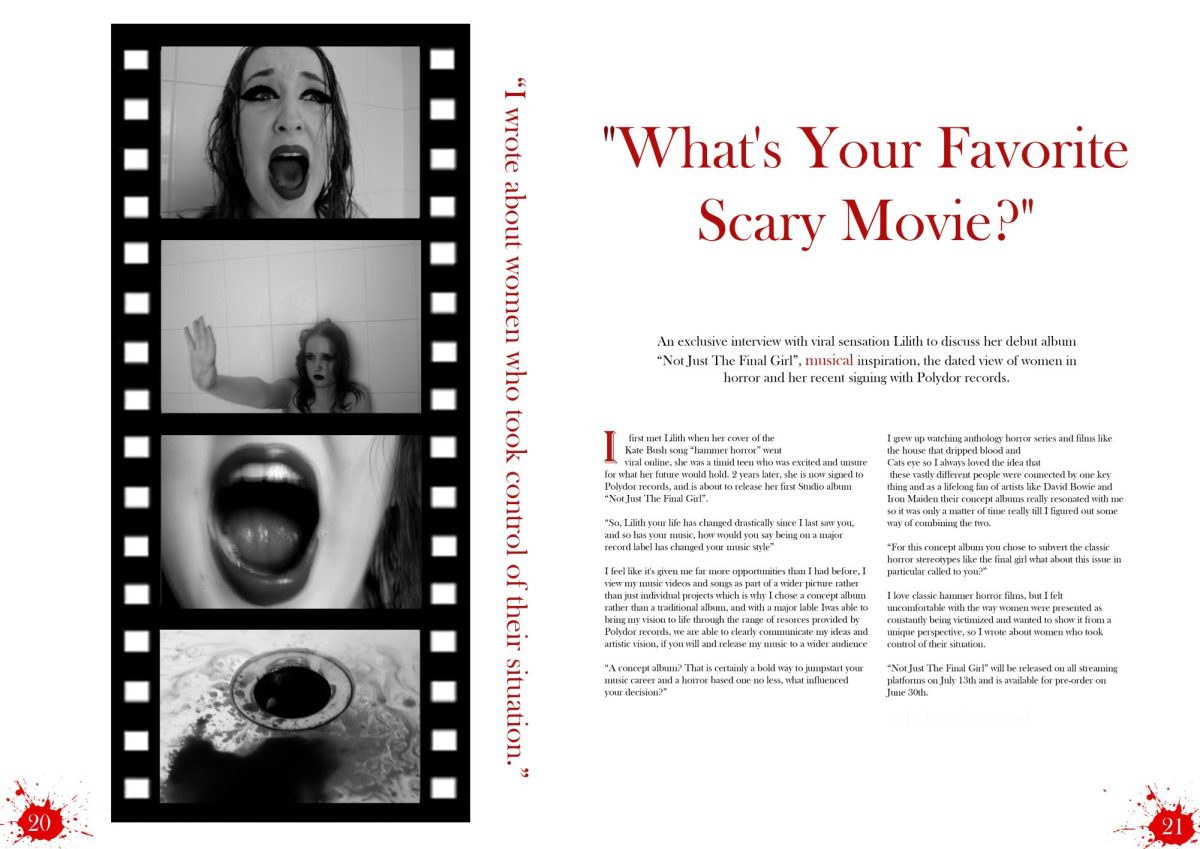This Black History Month, I had the pleasure of interviewing Mzimkhulu Mthethwa (Miz), a former Xaverian College alumni and now city manager for Sofar sounds, which Miz told me is: “a global music community that connects artists and audiences through live music”. He also is Event Director for Pie Radio, and co-founder of Kings of Amapiano, who host events featuring African artists and genres across the world, which he founded alongside Pie Radio’s founder, Solomon Onoalapo.
First of all, I wanted to know how Miz got into the music industry. He actually studied to be an actor at Xaverian, but he told me: “music and the arts have always gone side-by-side”. He started promoting shows whilst as Xaverian as a side gig, to earn extra money. He progressed to doing it at University, where he started his first promotion company, an FBP to bring in DJs for club nights and other events.
In a speech he gave in the Xaverian student common room, Miz spoke passionately about his love for Amapiano, a South African subgenre of kwaito (a type of South African pop music) and house. He grew up in Johannesburg, South Africa, listening to kwaito and house music, but he had an instant connection to Amapiano: “I heard the sound, I heard the log drums, I heard the bass… the sound is crazy. It’s got this tempo that is like nothing you’re hearing at the moment.”
But the western world didn’t really start listening to Amapiano until 2021 and 2022, but he told me he “just knew the sound was gonna be big. There is a pattern of what people like and listen to, and we know what works”.
I saw on the Sofar sounds website that they were heavily focused on the vibe of the event, so asked him if he thought it was a large factor of why people go to music events. “One hundred percent”. He referred to a group of girls who cheered at his speech when he mentioned Uncle Waffles, a Swazi DJ and record producer. Miz believed she went viral because she posted a video of her DJing, but it wasn’t her song. “The vibe that the video like carried with it …she was in the middle, there was loads of people around her. Miz told me it was Uncle Waffles who set the trend of DJs using social media to show their music to the world.
I wanted to explore this further, so I asked him if he thought social media played a big part in music, and he said: “I think social media is probably the pivotal reason why Amapiano has become what it is today, as the content was able to travel so far”. He also said that Covid played a huge part too, as: “all people were doing was watching things online, so by the time it came to the end of Covid, everybody wanted Amapiano”.
He said there was: “a huge reset” in the UK after Covid, as: “all of the big promoters lost their spot” as there was: “a new wave of promoters who had done the necessary work over Covid and latched on to new sounds, latched on to new DJs, and were doing content and staying active”. In his speech he noted that: “you have to know what your audience are vibing with”.
He added to this, mentioning the cost-of-living crisis, and said that: “One of the first things people cut when they’re cutting expenses is leisure”. He said that, as a promoter: “If you get them out, you got them, but getting them out is the difficult part, so you have to make sure you are giving them exactly what they want”.
I asked him that if this is the case, why does the Sofar Sounds website says they only release the line up of artists the day of the event?. “The whole concept of Sofar sounds is that it’s a secret. You don’t know where it’s gonna be, you don’t know who the artists are, and you don’t know what genres of music are gonna be played”. So how does he know people will come? “Because the brand has built a strong reputation… they are active in 400 cities around the world and facilitate over 20,000 events a year across the globe. People trust the brand, it’s a brand that’s been created for music lovers… who wanna discover new artists.”
He added that a business like that can be risky: “you have to make sure your services are on point every single time. Good shows are what keeps a business like that going”. Is it consistency then? “Yes, consistency, great venues, great artists, and people will keep coming back. Word of mouth is your best sale point with a project like that”.
I then wanted to know if he thought it was difficult to organise a music event like those of Sofar sounds, to book artists, venues etc. “The good thing about Sofar is that their business model is hosting events in non-conventional music venues. We’ve done Manchester Museum, Manchester Cathedral, office spaces, breweries, bookstores. We can have shows literally anywhere, we could even have one in this room”.
However, he told me that in terms of Kings of Amapiano: “Live music venues are closing fast, clubs are closing very fast. On average right now in the UK, 10 clubs close each month… regulations, red tape, all those costs are raised for venues that then raise costs for promoters, artists and then customers. A lot of people are losing money and are going out of business”.
He also added that despite all this, he was proud of Kings of Amapiano: “it’s ours. The corporates are gonna come knocking, and when they do, you’re gonna do one of two things: your either gonna fall in line; work with them or for them, or go up against them.” He told me that Kings of Amapiano is an independent project that they have to fund entirely by themselves, so they’ve had corporates do: “a lot of mad things to and around our brand. Corporates will always get involved when there’s money to be made”.
It’s clear that Miz is very passionate about his career in the music-promoting industry and is keen to help others find their passion in it too. His love for Amapiano and other African genres comes across in the way he talks about his events, and he is determined to keep Amapiano and music as a whole accessible for anyone and everyone.

